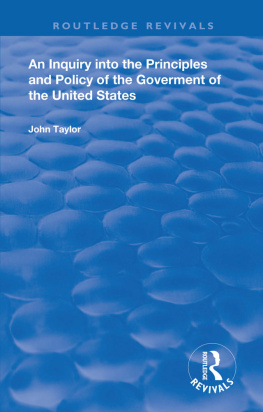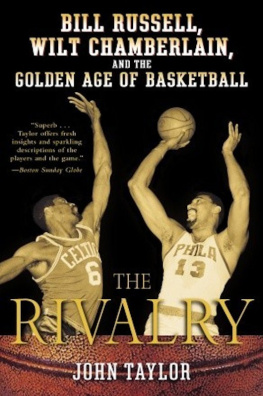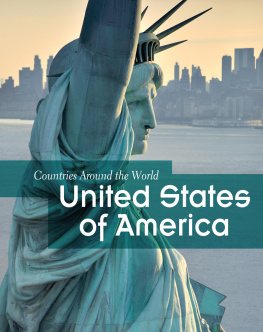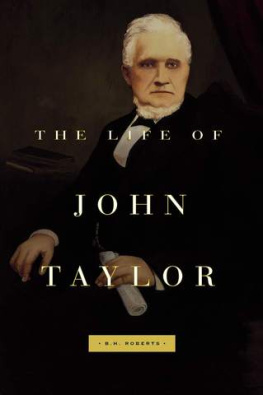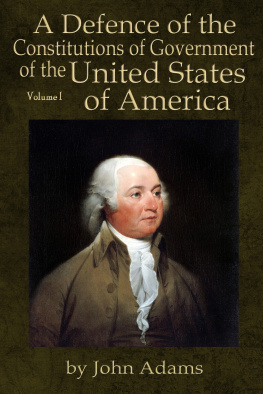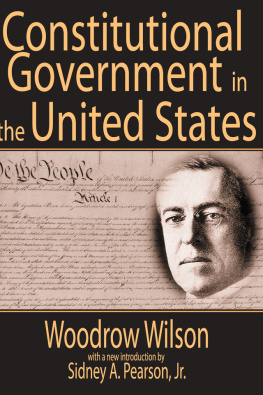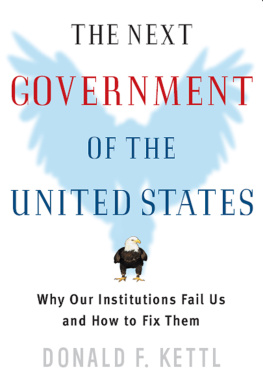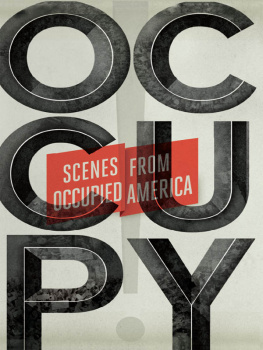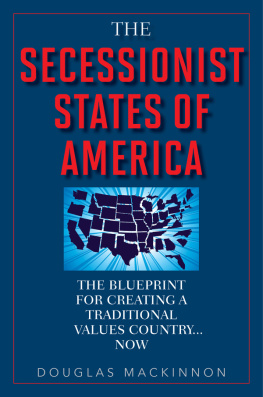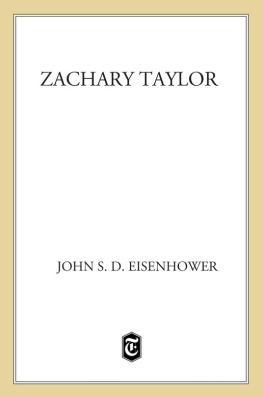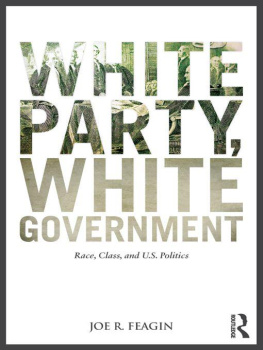First published in 1814 by Routledge and Kegan Paul Ltd
This edition first published in 2018 by Routledge
2 Park Square, Milton Park, Abingdon, Oxon, OX14 4RN
and by Routledge
711 Third Avenue, New York, NY 10017
Routledge is an imprint of the Taylor & Francis Group, an informa business
1814 Taylor & Francis
All rights reserved. No part of this book may be reprinted or reproduced or utilised in any form or by any electronic, mechanical, or other means, now known or hereafter invented, including photocopying and recording, or in any information storage or retrieval system, without permission in writing from the publishers.
Publisher's Note
The publisher has gone to great lengths to ensure the quality of this reprint but points out that some imperfections in the original copies may be apparent.
Disclaimer
The publisher has made every effort to trace copyright holders and welcomes correspondence from those they have been unable to contact.
A Library of Congress record exists under ISBN: 9021644
ISBN 13: 978-1-138-60145-1 (hbk)
ISBN 13: 978-1-138-60149-9 (pbk)
ISBN 13: 978-0-429-45664-0 (ebk)
RARE MASTERPIECES OF SCIENCE AND PHILOSOPHY
EDITED BY DR. W. STARK
AN INQUIRY INTO THE PRINCIPLES AND POLICY OF THE GOVERNMENT OF THE UNITED STATES
I
LIBERTY and authority exist side by side in some modern states but they are uneasy neighbours. Where should the line between them be drawn? When does liberty become licence? When does authority become tyranny? The great social and political changes beginning to be so apparent in the seventeenth and eighteenth centuries stirred the intellectual world to a great debate on this basic problem in political science, a debate which still rages. Active minds in both Europe and America were ceaselessly at work on the great question. The inquiring bent of the European mind and the unprecedented experiments across the Atlantic gave the contribution of publicists in the New World an unusual significance. Europe was watching America and America was instructing Europe.
John Taylor of Caroline County was a Virginia planter who lived through much of this ferment and was particularly jealous of liberty and fearful of power. In 1814 he published his Inquiry into the Principles and Policy of the Government of the United States and established his fame as a political theorist of note. His Inquiry reflects the intellectual power and breadth of the eighteenth century.
The eighteenth, and the seventeenth century preceding it, were periods charged with great energy in Europe. There political revolution changed man's concepts of freedom and government. A flood of inventions started an industrial revolution which was to re-order men's lives and alter their thinking. Europe was expanding and planting new settlements in far-off wildernesses, which in turn were to contribute a mass of new folkways to alter the behaviour patterns of mankind.
Few centuries have produced thinkers of wider interests and greater enthusiasm for truth than the more outstanding of the eighteenth-century philosophers, particularly in France and Great Britain. They were anticipating a new heaven which was to descend upon earth to demonstrate how men of virtue could lead society along highways of progress ever nearer the goal of perfection. Many of the eighteenth-century citizens of the Enlightenment, like the men of ancient Athens, preferred nothing so much as hearing some new thing; they felt intense interest in American happenings. For their part, the new Americans were growing more and more to feel that they had the answer to some of society's problems, particularly those touching politics.
The atmosphere in which Taylor grew up was decidedly influenced by European relationships of a complex sort. The nature of his thinking, the reasons for his conclusions and his contributions to political theory can be grasped only by placing them in their setting of European-American interchange; for Taylor, like all his fraternity, had the patterns of his thought drawn by the hand of experience.
II
After European intellectuals of the eighteenth century became aware of what was happening in America, they provoked a controversial interchange which was one of the ostensible motives stirring Taylor to write. As they awoke to the fact that America was a laboratory of ideas which might be extremely useful to them, there was much discussion of the true nature of government, of rights and privileges and of the measure and distribution of power. The variety of new governments now being set up in America perhaps might work out some of these problems.
Various philosophers studied and wrote about the work in America. Abb Raynal published a Philosophical and Political History of European Settlements and Commerce in the Two Indies (1770 and many subsequent editions) wherein he sought to show how horribly Europeans were interfering in a society which had great possibilities. Others like Ghastellux, Mably and Brissot de Warville either read about the New World or visited it and then made their thoughts the texts for published admonitions to Europe to take note. Statesmen, like Turgot, studied American achievement to gain light on the problems of European statecraft.
The philosophers and humanitarians were examining everything American with peculiar zeal and their research was encouraging. These observant Europeans were finding the New World a place of superior virtue, despite heartless European cruelty and exploitation. Here dwelt 'the noble savage', the American Indian who was imparting some of his rugged strength and social understanding to the white race coming to his shores.
Work had been going on in this laboratory for nearly a century and a half, particularly in the thirteen British colonies on the North American mainland. These colonies on the Atlantic shore had a most favourable environment for social advance in the stimulating climate of the north temperate zone. Economically they were likewise fortunate, for moderate effort would yield an adequate living with a surplus as a spur to wealth-getting. But the most favouring circumstances for institutional achievement were political. The situation in the homeland and in the colonies combined to make possible superior institutions.
The colonies had been planted at a time when Great Britain was at a stage of energetic expansion. The exploits of the Elizabethan Age were followed by the Puritan Revolution, and Englishmen seemingly were on their mettle. Some of that energy was turned to colonial founding. Religious zealots, sturdy adventurers and wealth-hungry enterprisers saw in America the place for their hearts' desires. They came across the seas to a wilderness which demanded resourcefulness or death; they had the requisite resourcefulness.

